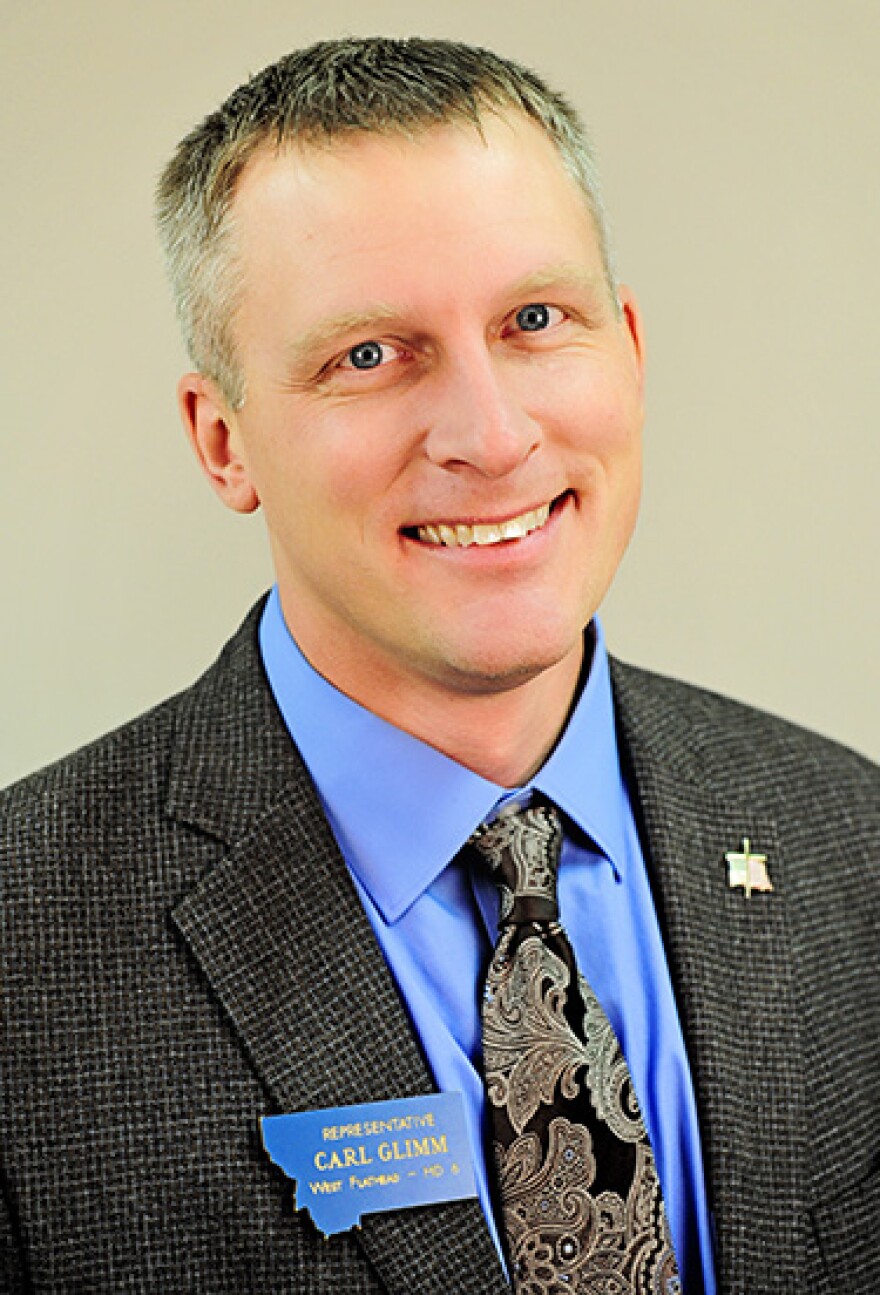State health officials heard opposition Thursday to a policy changing how transgender Montanans can amend their birth certificates. The public hearing drew health care professionals and LGBTQ advocates who urged officials to reject or ease the policy.
The rule would put the health department in compliance with a 2021 state law requiring transgender Montanans to undergo gender-affirming surgery and to appear in court before they can change the gender marker on their birth certificate.
Shawn Reagor with the Montana Human Rights Network says not everyone wants or can afford surgery in order to change their birth certificate. He explained not having an easy way to match a government identity with a personal one has consequences.
“Having a birth certificate that’s incongruent with not only a person’s identity, but also other forms of state and federal identification, is extremely dangerous.”
The state’s new law is a departure from a policy under former Gov. Steve Bullock’s administration. That policy required only a paper form to change the gender listed on a birth certificate.
Reagor says making the process more complicated could lead to people being outed by a birth certificate that is incongruent with a person’s identity, putting them at risk for discrimination.

Sen. Carl Glimm, (R) - Kila, sponsored the bill during the 2021 legislative session and was the only proponent of the policy change during Thursday's meeting.
“It appears to me that the rules that have been set forth today are in agreement with the legislation, and that is the direction of the Legislature and this bill was duly passed by them.”
Pediatricians spoke in opposition, saying the rule does not consider best-practice medical care for people transitioning and could negatively impact their mental health.
Ita Killeen, a retired family physician from Bozeman, asked the state health department to make the process easily accessible if they move forward with adopting the rule.
“I recommend that you consider anything that can be done to minimize the disruptiveness of the process,” she said.
The health department is required to follow the law and is now considering how best to implement it. It will continue collecting public comment on the rule until June 25. Comments can be submitted by emailing dphhslegal@mt.gov.


